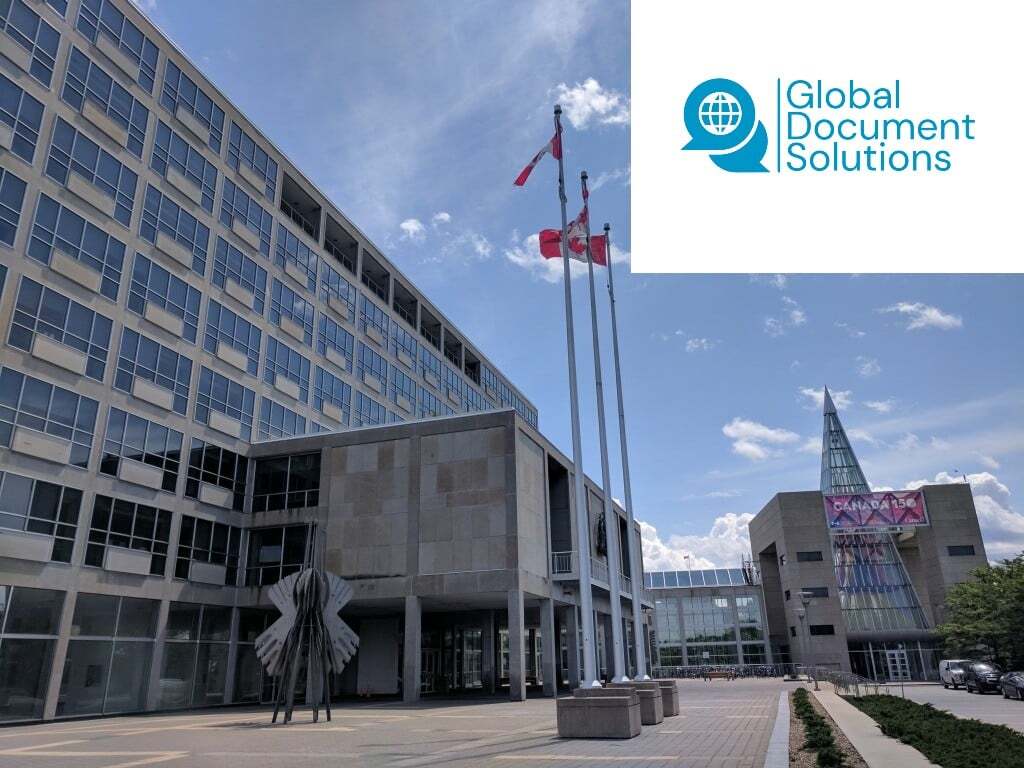
Canadian Apostille and the JLAC: Understanding the Connection
Introduction
Canada has a unique approach to document authentication and legalization, which can be confusing for people who need to use their Canadian documents abroad. In this article, we will explore the connection between the Canadian Apostille process and the JLAC (Justice Legalization of Canadian Documents), providing a comprehensive guide on how to authenticate and legalize your Canadian documents for international use.
Table of Contents
- The Apostille Process in Canada
- What is JLAC?
- The Authentication and Legalization Process in Canada
- How to Authenticate and Legalize Your Canadian Documents
- The Role of Professional Services
- Common Questions about Canadian Apostille and JLAC
- Conclusion Trust The Experts @ Global Document Solutions
The Apostille Process in Canada
Unlike most countries, Canada is not a member of the Hague Apostille Convention. Instead, it follows a two-step process known as authentication and legalization. This process is equivalent to the Apostille process and is accepted by countries around the world.
What is JLAC?
JLAC, or Justice Legalization of Canadian Documents, is a unit within Global Affairs Canada (GAC) that is responsible for authenticating public documents issued in Canada. It is the first step in the authentication and legalization process. The primary role of JLAC is to verify the signature and seal of the issuing authority on the document and provide an official stamp confirming its authenticity.
The Authentication and Legalization Process in Canada
The authentication and legalization process in Canada consists of two main steps:
- Authentication: The document is submitted to JLAC for verification of the signature and seal of the issuing authority. Once verified, JLAC provides an official stamp confirming the document's authenticity.
- Legalization: The authenticated document is then submitted to the embassy or consulate of the country where it will be used. This step confirms that the document meets the requirements of the foreign country and is now legally recognized.
Both steps are crucial for ensuring that your Canadian documents are accepted for use in foreign countries.
How to Authenticate and Legalize Your Canadian Documents
To authenticate and legalize your Canadian documents, follow these steps:
- Obtain the original document or a certified true copy from the issuing authority. Ensure that it has the proper signatures and seals.
- Submit the document to JLAC, along with the required form. You can submit your document using a professional service or by mail. Ensure that you include a cover letter with your contact information and the purpose of the authentication.
- Wait for the authentication process to be completed. The processing time can vary, but it usually takes around 15+ business days. Once authenticated, JLAC will return the document to you with their official stamp.
- Submit the authenticated document to the embassy or consulate of the country where it will be used. Each embassy or consulate has its own requirements, so make sure to check their website for specific instructions.
- Wait for the legalization process to be completed. The processing time can vary depending on the embassy or consulate.
- Once legalized, your document is now ready for use in the foreign country.
The Role of Professional Services
Handling the authentication and legalization process on your own can be time-consuming and complex. Professional services can simplify this process by taking care of the entire procedure on your behalf. These companies have experience navigating the process, ensuring that your documents are properly authenticated and legalized in a timely manner.
Common Questions about Canadian Apostille and JLAC
What documents can be authenticated and legalized?
Documents that can be authenticated and legalized include, but are not limited to:
- Birth, marriage, and death certificates
- Educational documents, such as degress and transcripts
- Corporate documents, such as articles of incorporation and business licenses
- Legal documents, such as power of attorney and affidavits
- Police clearance certificates
It is essential to check with the embassy or consulate of the country where the document will be used to determine if any additional requirements or restrictions apply.
Can I authenticate and legalize a document that is not in English or French?
Yes, you can authenticate and legalize a document that is not in English or French. However, you will need to provide a certified translation of the document. The translation should be completed by a certified translator, and both the original document and the translation should be submitted to JLAC and the embassy or consulate for authentication and legalization.
What if my document does not have a signature or seal?
If your document does not have a signature or seal, it may not be eligible for authentication by JLAC. In this case, you may need to obtain a notarized copy of the document from a Canadian notary public. The notarized copy can then be submitted to JLAC for authentication.
How long does the authentication and legalization process take?
The processing time for authentication by JLAC can vary, but it usually takes around 15+ business days. The processing time for legalization by the embassy or consulate depends on the specific embassy or consulate and can range from a few days to several weeks. It is advisable to start the process well in advance of any deadlines to avoid potential delays.
Can I expedite the authentication and legalization process?
In some cases, you may be able to expedite the authentication process by requesting urgent processing from JLAC. This option is subject to availability and may require an additional fee. To expedite the legalization process, you can check with the embassy or consulate to see if they offer any express services.
Conclusion Trust The Experts @ Global Document Solutions
Understanding the connection between Canadian Apostille and JLAC is essential for ensuring that your documents are properly authenticated and legalized for use in foreign countries. By following the steps outlined in this article and seeking the help of professional services if needed, you can navigate the process efficiently and with confidence.

